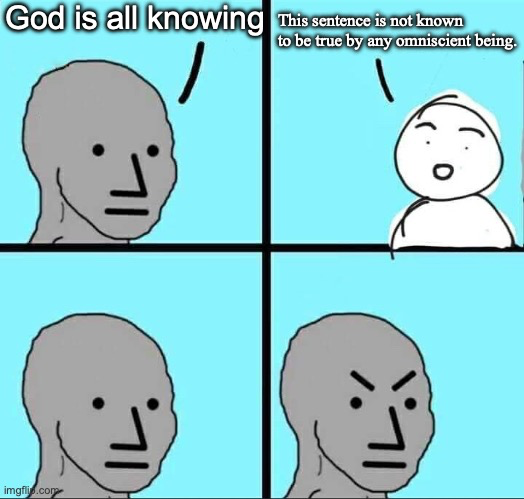Counter-example to your claim of non-existence of anti-capitalist liberalism: https://www.ellerman.org/wp-content/uploads/2018/12/Classical-Liberal-JurisprudenceJune2018.pdf
jlou
Software companies usually form as worker coops directly rather than using an ESOP mechanim
Here is a list worker coops: https://www.usworker.coop/directory/
There are some software companies in there under technology
Worker coops can delegate decision-making to managers and executives. This can ensure speedy decision-making. Having workers control the firm doesn't mean that every decision must be made by referendum. There can be delegation and more representative democracy
Liberalism refers to both a coherent political philosophy and a historical political tendency. The former liberalism is anti-capitalist. Yes many historical liberals were pro-capitalism, but this position makes their liberalism incoherent.
Private property rests on the principle that workers have an inalienable right to appropriate the positive and negative fruits of their labor. Capitalism violates this norm. Locke was wrong
A market economy of worker coops isn't socialism
At its core, liberalism is fairly anti-capitalist. There are many arguments against capitalism from liberal principles such as the principle that legal and de facto responsibility should match. The workers in the firm are jointly de facto responsible for using up inputs to produce outputs, but receive 0% claim on the positive and negative production while the employer solely appropriates 100% of the positive and negative result of production
It gets even more confusing when you consider anti-capitalist classical liberals
https://www.ellerman.org/wp-content/uploads/2018/12/Classical-Liberal-JurisprudenceJune2018.pdf
Worker cooperatives don't have to have a flat structure. Smaller cooperatives might use a flat structure, but larger companies will delegate business decisions to management. The main difference is that the board of directors represent the workers instead of outside shareholders making it democratic
The coin flip is inherently part of policy, and it is bad policy to decide on policies with a coin flip
Inalienable rights are moral rights that can't be given up or transferred. It doesn't mean that the legal system can't fail to enforce the right such as by legally treating it as alienable like capitalism does in the employment contract. If the legal system doesn't grant it, that's a bad legal system.
Moral concepts have an objective sense that is unknowable.
You can't get good policy without democracy because democracy is part of all good policy. Non-democracy violates inalienable rights, which makes it inherently bad policy
I did my part in trying to elect Harris.
What is the point in moderating if even after moderating Democrats are perceived as too left-wing?


Instead, we should implement new mechanisms for funding public goods like news such as quadratic finance. Quadratic finance is a non-market mechanism that enables a decentralized ecosystem of self-organizing public goods producers such as newsrooms. It overcomes the collective action problem of donation-based models by considering the number of people contributing as well as the amount of money contributed. Newsrooms with a large base of popular support receive greater funding
@canada